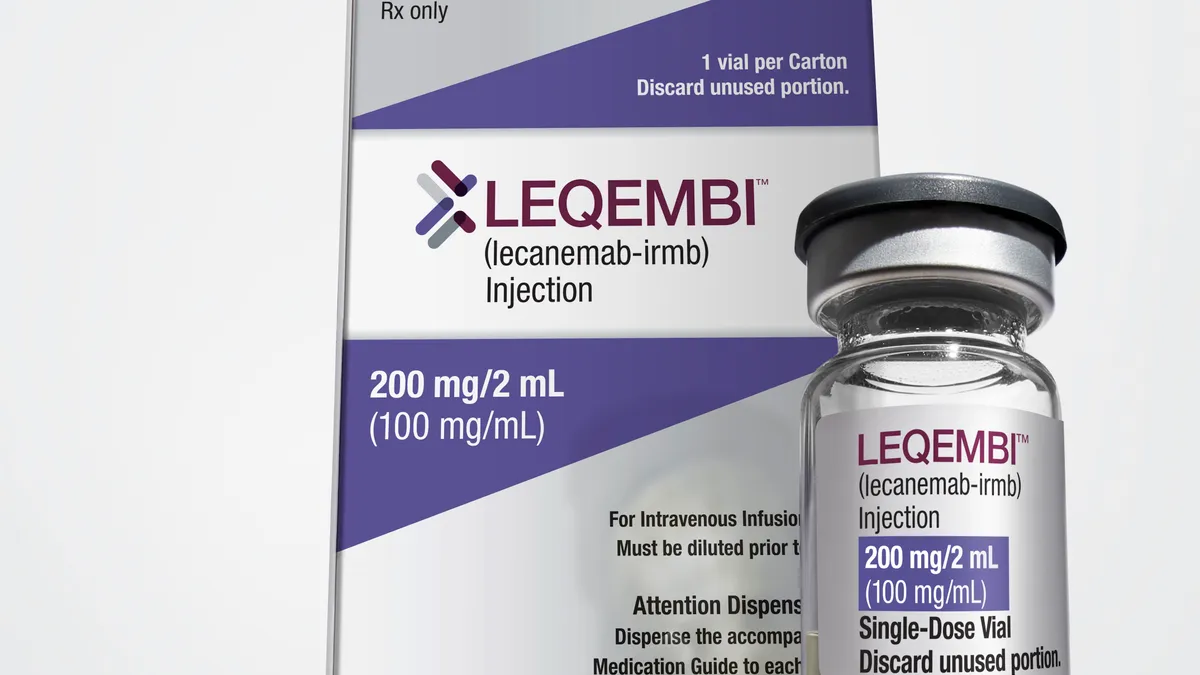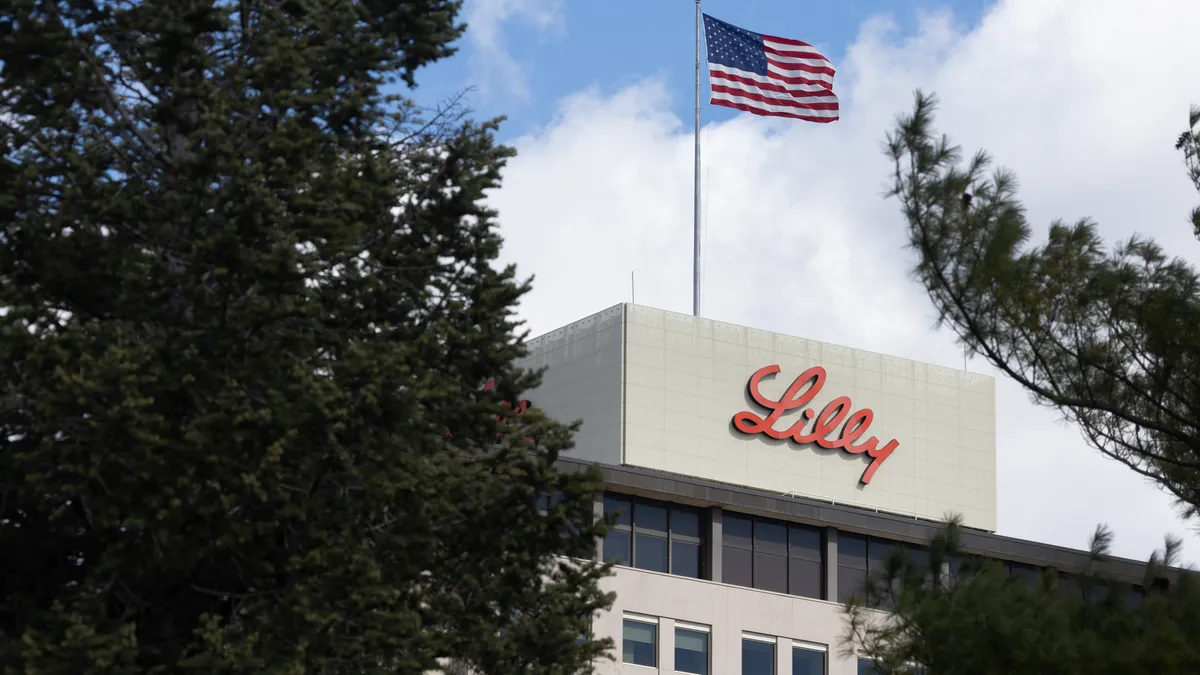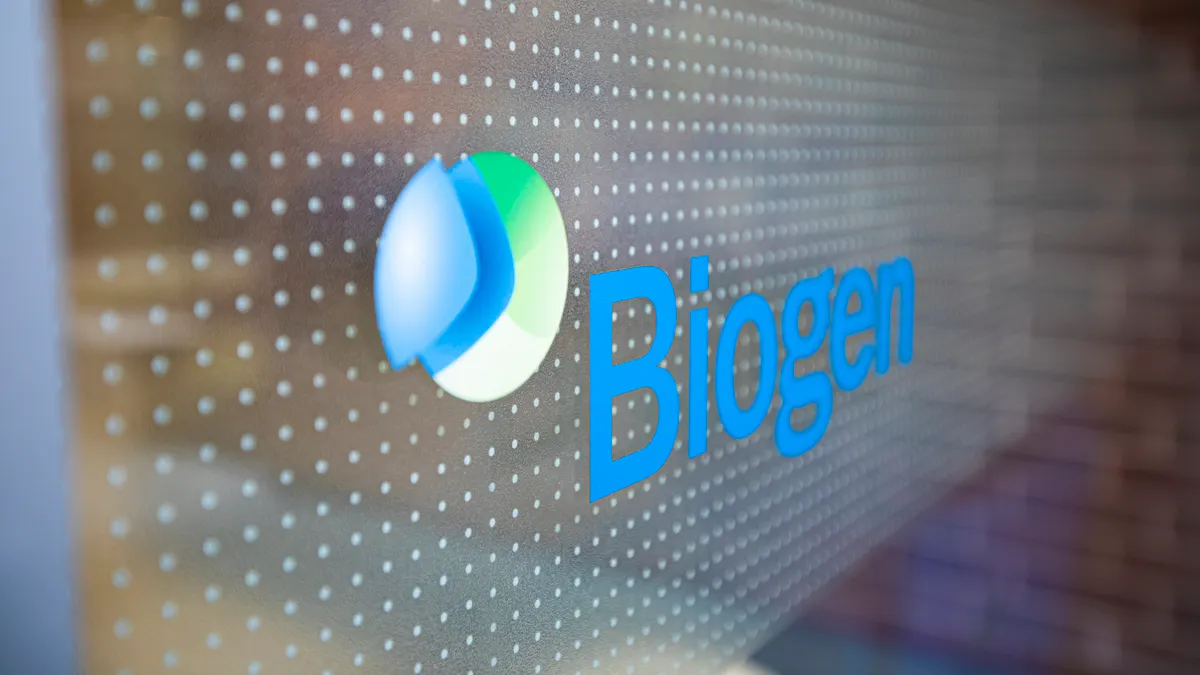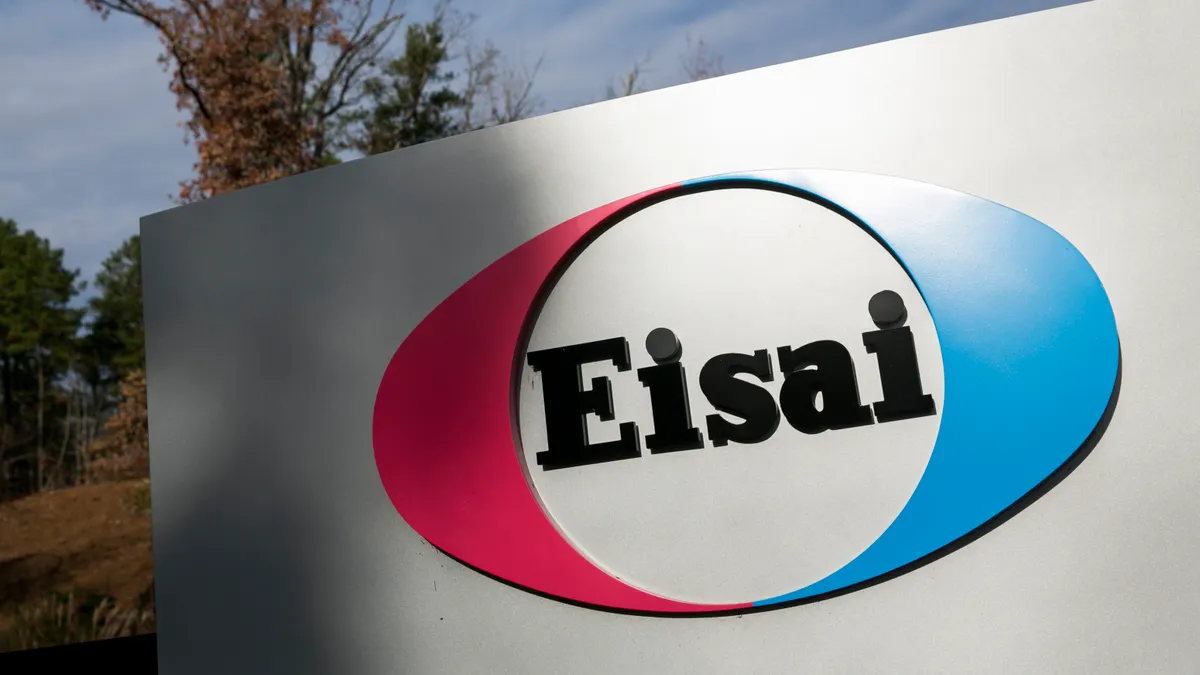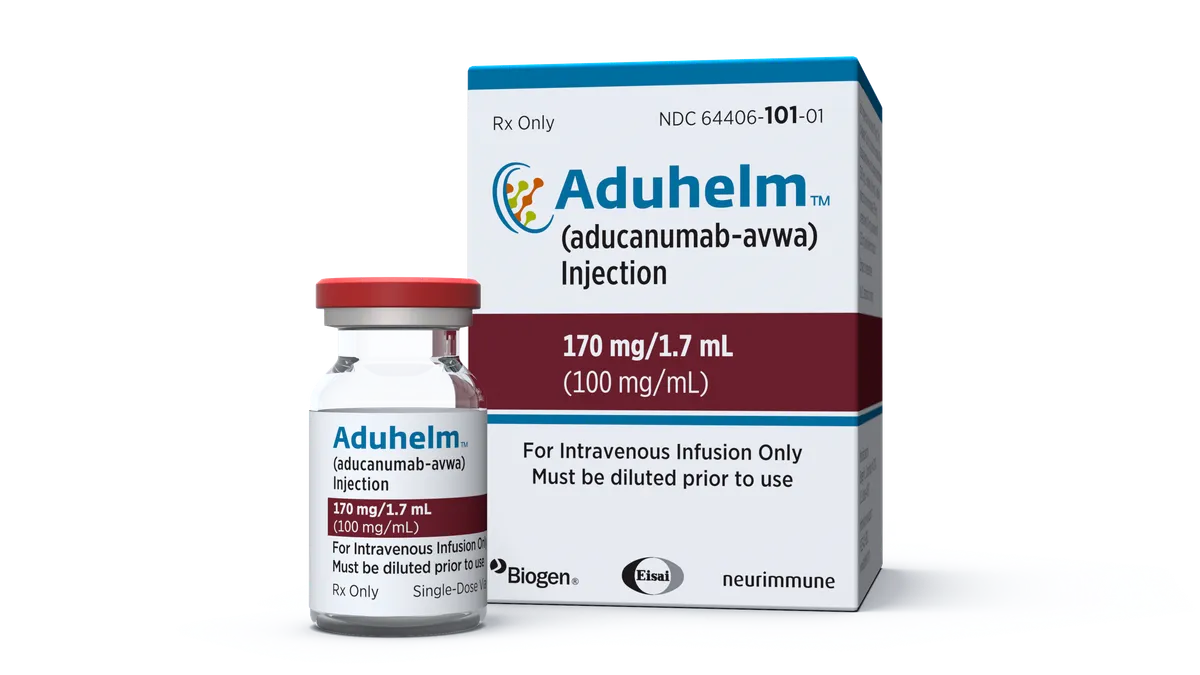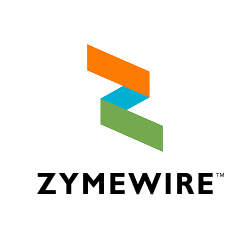Dive Brief:
- Roche may seek an accelerated U.S. approval of its experimental Alzheimer’s disease drug trontinemab if the therapy continues to show in testing it can significantly lower levels of a protein linked to cognitive decline, executives said in a presentation to investors Thursday.
- The Food and Drug Administration has been willing to grant speedy approvals to Alzheimer’s drugs that can reduce the amount of sticky amyloid protein in the brains of people with the condition. Roche could lean on that precedent to seek an abbreviated approval path, as the company plans to look for an opportunity to get trontinemab to market before the final readout from a Phase 3 trial, said Hanno Svoboda, the drug’s lifecycle leader.
- Two Alzheimer’s drugs, Eisai and Biogen’s Leqembi and the now-withdrawn Aduhelm, gained initial approvals based on their effects on amyloid, although the FDA rejected a similar request from Eli Lilly before eventually clearing Kisunla. Trontinemab is currently in Phase 2 testing and, earlier this week, Roche released early data suggesting it could clear amyloid more quickly than Kisunla.
Dive Insight:
Unlike trontinemab’s predecessors, it is designed to more easily slip past the blood-brain barrier, which could theoretically lead to more powerful and precise drug effects at a lower dose.
That hypothesis hasn’t been proven in the kind of large, late-stage trials typically needed to secure an approval. But data from a Phase 2 study this week demonstrated the drug’s potential.
In the highest two dose groups tested so far, amyloid was cleared from the brains of a majority of volunteers after 28 weeks of treatment. Though comparing drugs across trials can be difficult, 17% of people in Kisunla’s Phase 3 trial had a similar outcome at 24 weeks.
The drug’s apparently speedy effects could allow Roche to evaluate a potential “low-frequency, patient friendly” maintenance dosing regimen to keep amyloid levels from rebounding, Svoboda said.
Roche is currently moving forward with an “expansion” phase of its mid-stage trial, which will double the number of trial volunteers to 120, some of whom would receive a placebo.
To date, the company has only accrued safety data from that part of the study. Roche disclosed one volunteer who received treatment died from brain bleeding. However, the company said the volunteer had a condition, superficial siderosis, that increased her risk, and has since adjusted its enrollment criteria going forward.
Still, the results indicated trontinemab treatment led to lower rates than other drugs of an imaging abnormality called ARIA that indicates brain swelling. According to Roche, less than 10% of trial volunteers treated with trontinemab have experienced ARIA in the trial so far. By comparison, more than 20% of those who received Kisunla in its Phase 3 trial had ARIA, while for Leqembi that figure was above 10%.
Trontinemab had higher rates of infusion-related reactions than Leqembi and Kisunla. However, Roche has reduced the rate of those reactions to below 40% at the two highest doses tested.
This week, Lilly also released data showing changes to the dosing regimen of Kisunla could lessen rates of ARIA.









